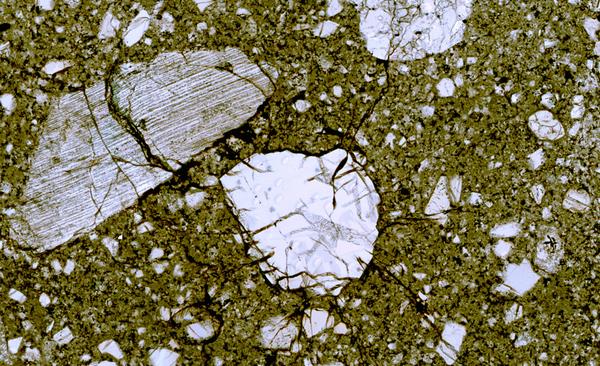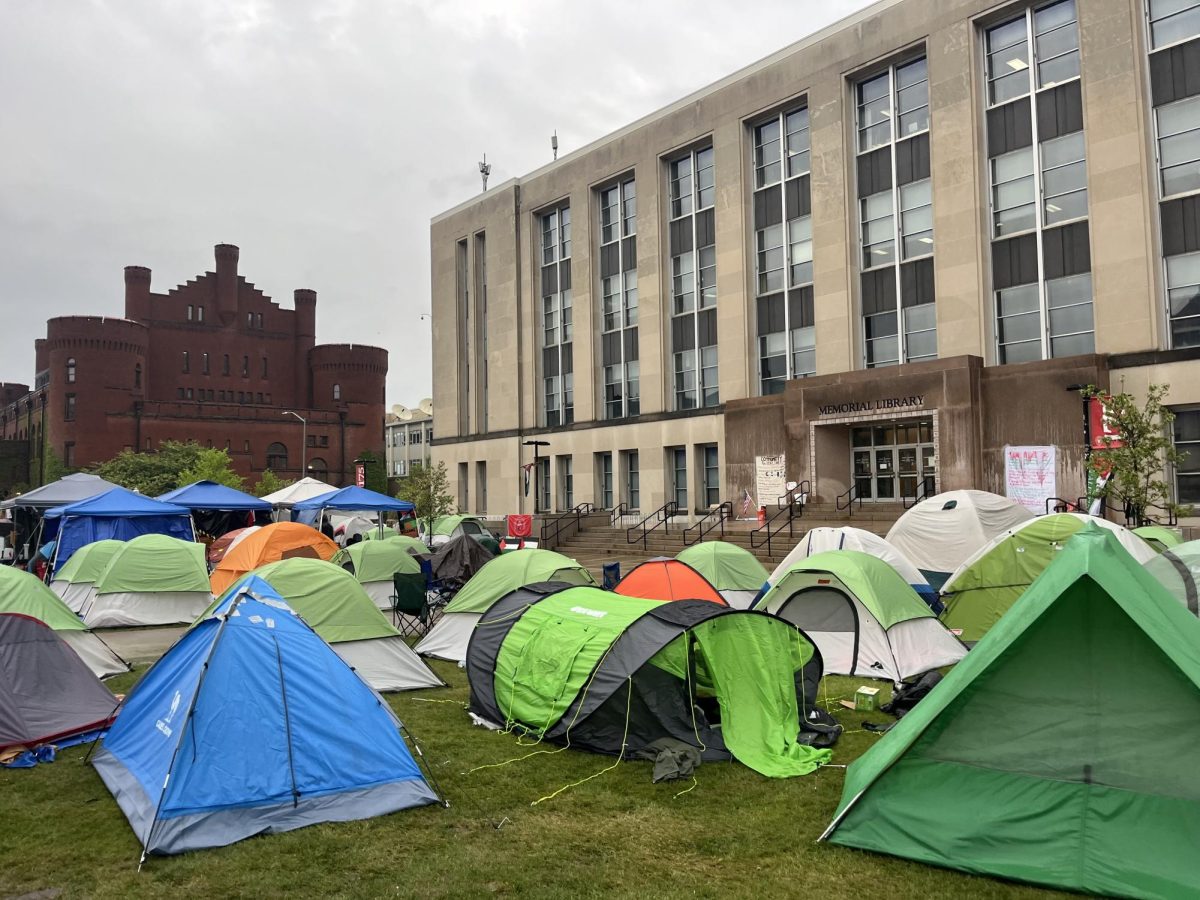University of Wisconsin’s Department of Geosciences and visiting professor Aaron Cavosie from Australia are working together to develop new ways to accurately date Earth-changing events to fill in the blanks of the planet’s past.
Earth-changing events, otherwise known as cataclysms, have the power to shape the physical nature of the Earth’s crust and composition. Scientists hope to learn the dates of when these cataclysms occurred due to their apparent coordination with important evolutions on Earth.
Geologists are specifically interested in dating what is known as the “late heavy bombardment,” a theoretical event when an incredible amount of asteroids collided with planetary bodies in Earth’s solar system.
This event is suspected to have created many craters present on the moon today, John Valley, a professor in the UW Department of Geoscience, said.
According to Valley, to date this and other events, geoscientists have been using one uncommon mineral known as zircon. These exceptionally durable minerals most commonly crystallize in granite or other igneous rocks and can be used to record conditions during the formation of Earth.
But there has been controversy as to whether these zircons are accurate enough to date the actual impacts of these events on Earth, Aaron Cavosie, a member of the NASA Astrobiology Institute said in an email to The Badger Herald.
Cavosie researches meteorite impacts on Earth, specifically one terrestrial impact in South Africa, and is looking to develop new criteria to date zircons.
Cavosie’s research has produced evidence that the dating of some zircons reflect the time of the mineral’s initial formation in magma, discrediting the notion that zircons isotopes can be universally used to date geological events.
In his research, Cavosie found these lunar minerals lost important qualities when removed from the moon for study because they lack the contextualization from their environment.
Cavosie is using sensitive high-resolution ion microprobes to perform imaging to identify unbroken and therefore reliable zircons.
But UW geoscientist Shanan Peters said zircons are still considered the best because of their durability.
Never more than a few centimeters wide, these small minerals have the unusual property of capturing and recording the natural conditions around them at the time of their formation, Peters said.
Due to their various compositions and different crystalline structures, Peters said the environment can still damage zircons on occasion. When the mineral is physically damaged, it can leak the record’s signature, distorting any valuable information that could have been derived from the mineral.
Valley said upon terrestrial impact, the special crystalline structure of zircons are believed to be shocked, resetting the mineral’s isotopic clock by shaking free the lead and retaining the uranium.
Valley said according to dates using zircons, the late heavy bombardment and the formation of craters on the moon occurred around four billion years ago, consistent with the period of time when life first formed on Earth.
While the jury is still out on whether these crystallized minerals are accurate enough to determine events like the late heavy bombardment, geoscientists at UW have been looking at other alternatives uses for zircons.
Recalling his colleague Valley’s favorite phrase, Peters laughed, “zircons are forever.”


















